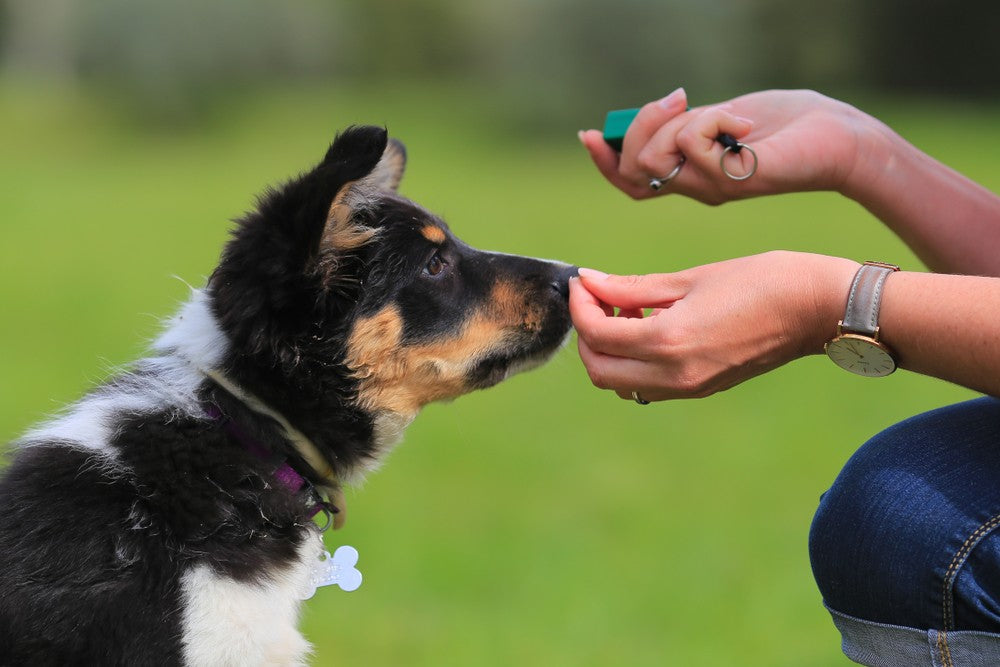
Dog Separation Anxiety and Urination Problems: A Deep Dive
Share
For health-conscious pet owners, understanding the intricacies of dog separation anxiety and urination can be essential in managing their beloved canine's behavior. These two issues often coincide and can lead to a stressful environment for both the dog and its owner. Delving deeper into why your furry friend may feel anxious and the resulting urination can offer insights and ways to help them feel more at ease.

What is Dog Separation Anxiety?
Dog separation anxiety manifests when a dog becomes overly distressed when left alone. This condition is not merely a behavioral problem, but a deep bond to its owner, causing worry when you're away. To further explore the symptoms, you can read more on the signs of dog separation anxiety.
Link Between Anxiety and Urination
The connection between dog separation anxiety and urination often stems from the stress and panic. When dogs are anxious, they may lose control of their bladder, resulting in unexpected urination. This is a physiological response to stress, and understanding this connection is key in addressing the issue.
How Can Anxiety Cause Urination?
In moments of anxiety, a dog may involuntarily urinate as a result of heightened stress levels. The body reacts by preparing for 'fight or flight,' which may disturb normal bodily functions such as bladder control. For strategies on how to effectively manage this, the training plans for dog separation anxiety can be a helpful resource.
What Can You Do?
Among the actionable steps, maintaining a routine and introducing behavioral training can significantly alleviate both the separation anxiety and subsequent urination issues. According to Small Door Vet's top training tips, consistent routines can comfort your dog by providing predictability.
Effective Strategies for Managing Anxiety
Using positive reinforcement and distractions can aid in easing anxiety. Its imperative to create a safe and engaging environment for your dog, including toys or a special treat that keeps them occupied. Additionally, addressing any environmental factors that can exacerbate anxiety is crucial.
Consult a Professional
If the anxiety and urination persist, it might be beneficial to consult with a professional dog trainer or a veterinarian. Expert guidance can tailor approaches that specifically meet your dog's needs. For a broader understanding of dog training methods, check out this comprehensive dog training guide.
Building a Stronger Bond with Your Pet
Combating dog separation anxiety and urination issues boils down to fostering a more resilient bond between you and your pet. By recognizing their behavior as a form of communication, pet owners can provide better support to their anxious dogs, ultimately improving their well-being.

Frequently Asked Questions
Why does my dog urinate when I'm not home?
Your dog may be experiencing separation anxiety, leading to stress-induced urination. This behavior often happens when dogs can't manage their distress in your absence.
How can I reduce my dog's anxiety when I leave?
Introducing a consistent routine, employing training techniques, and providing engaging toys can help alleviate the anxiety your dog experiences when you're away. For specific training plans, explore this comprehensive training plan.
Should I seek help for my dog's anxiety?
If basic strategies do not improve your dog's anxiety and associated urination, seeking professional help from a veterinarian or a specialized dog trainer is advisable.
This article contains affiliate links. We may earn a commission at no extra cost to you.
